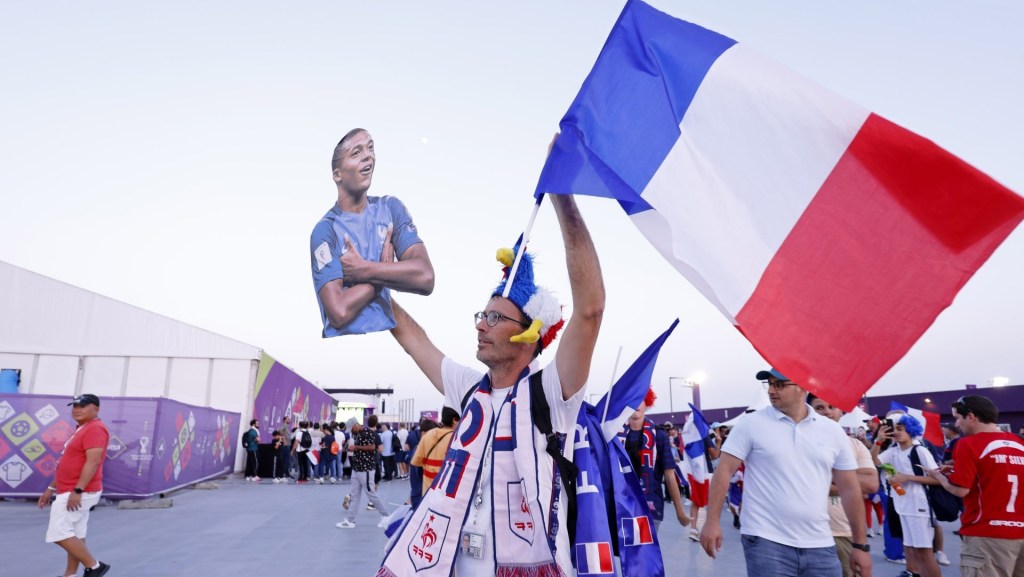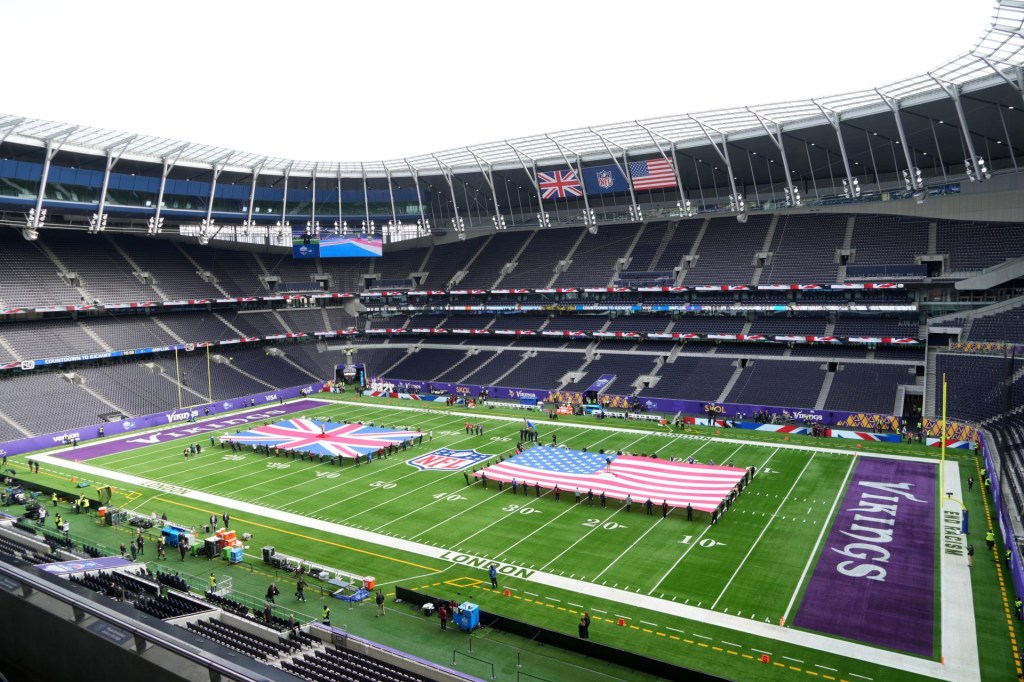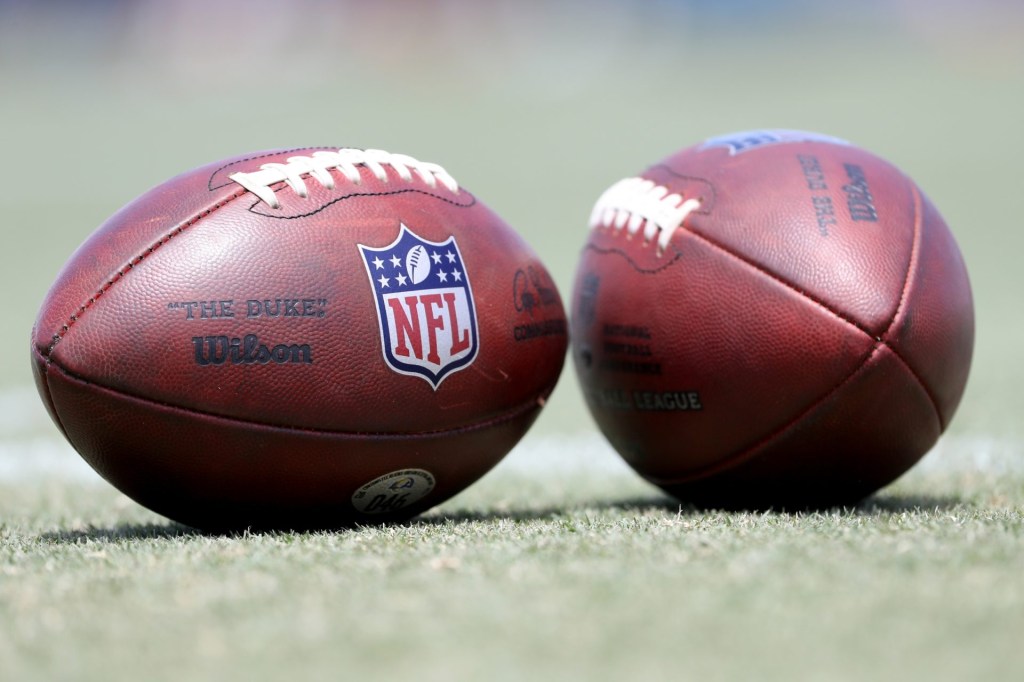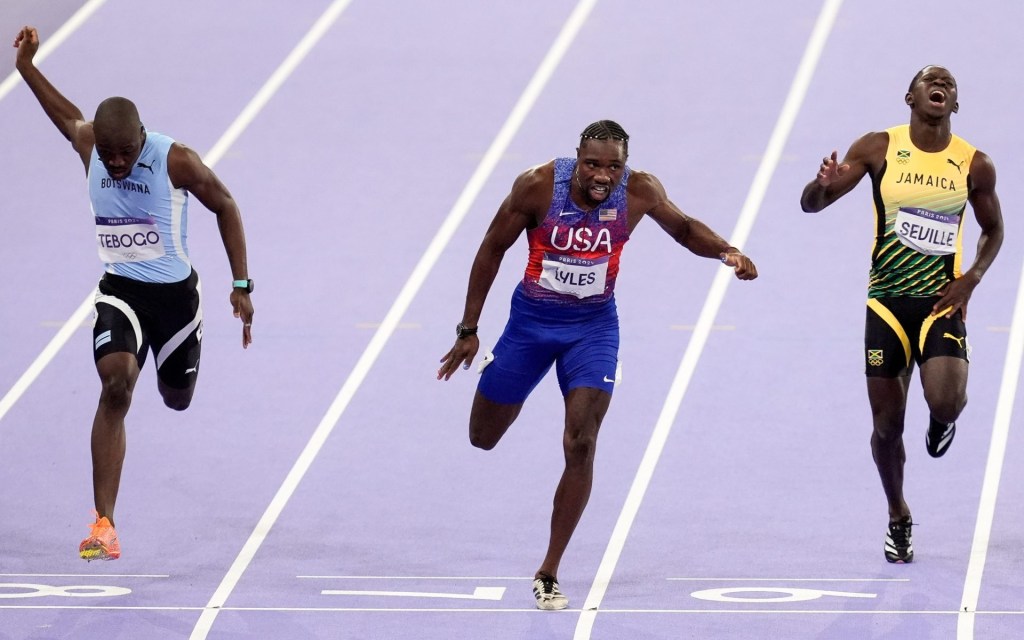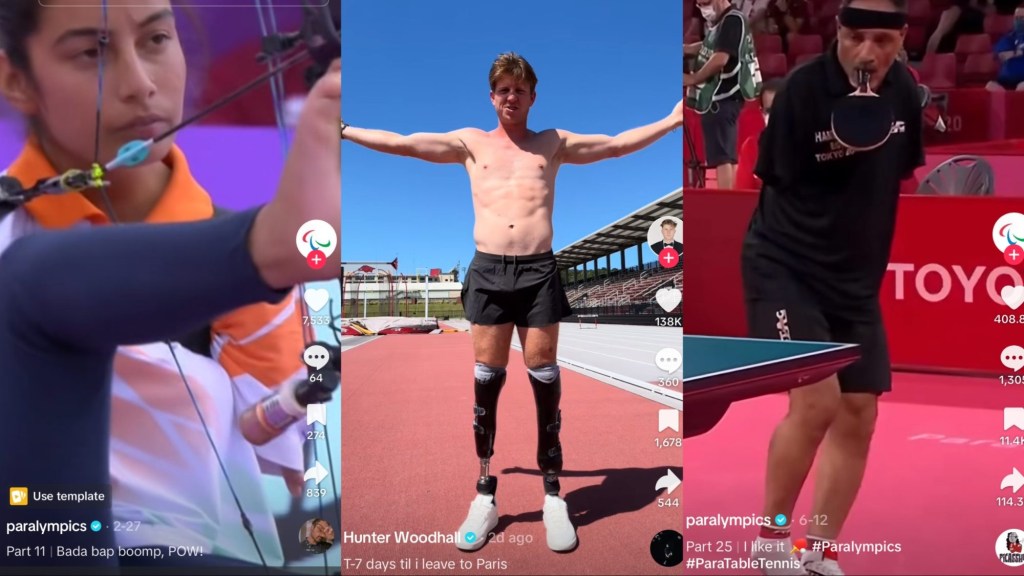Spain and England will meet Sunday at 6 a.m. ET in Sydney’s Stadium Australia for the first all-European Women’s World Cup Final since 2003.
It will be the first Women’s World Cup Final appearance for both nations. It will come with a $4.3 million first-place prize being granted to the winning team’s national federation, plus an additional $270,000 given to each player on the victorious squad. Each player at this year’s Women’s World Cup was guaranteed at least $30,000 from FIFA’s new payment structure.
This year’s $110 million total WWC prize pool is roughly 75% more than the 2019 tournament’s $30 million prize pool, but it still pales compared to the $440 million awarded to the men in last year’s World Cup. Argentina received $42 million for winning last year’s World Cup in Qatar.
Sunday will mark the first Women’s World Cup Final since 2007 to not include the U.S. after Sweden eliminated them in the Round of 16. Each USWNT member received $60,000 from FIFA for reaching the Round of 16 in the team’s first World Cup since its historic equal pay settlement reached in 2022 with the U.S. Soccer Federation.
“The success we’ve had around equal pay has been really supported by a lot of the women on these other national teams, and we know they are all fighting their own battles against their federations and cultures in their own countries,” USWNT midfielder Sam Mewis told Front Office Sports. “I think other nations are totally capable and are already picking up this baton to continue the fight for equal pay.”
Sponsors backing the USWNT’s equal pay fight include Visa, which has committed at least 50% of its investment in U.S. soccer to women’s soccer initiatives. While the USWNT has been supported by a strong national broadcast partnership with Fox Sports, broadcasters in Europe’s biggest soccer nations lowballed FIFA in their Women’s World Cup media deals.
Finalists Spain and England were both among Europe’s “Big Five” countries where FIFA’s president Gianni Infantino threatened a WWC broadcast blackout due to the low media rights bids. The broadcast deals were eventually signed, although FIFA reportedly fell $100 million short of its global broadcast fees goal for the tournament, showing the disparity in soccer’s equal pay pursuit.
Mewis, who was sidelined for the World Cup due to a knee injury but watched her sister Kristie play for the USWNT, called the team’s early exit “devastating” but is confident in the direction of women’s soccer worldwide.
“One of the things that’s been really exciting to see is the growth from a lot of other countries and how much investing at all in their women has made such a huge difference,” Mewis said. “This is obviously a time where I’m sure the youth program and the system and the way we do everything will get looked at. We have just such incredible talent on the team that I don’t worry about the future of the team at all.”
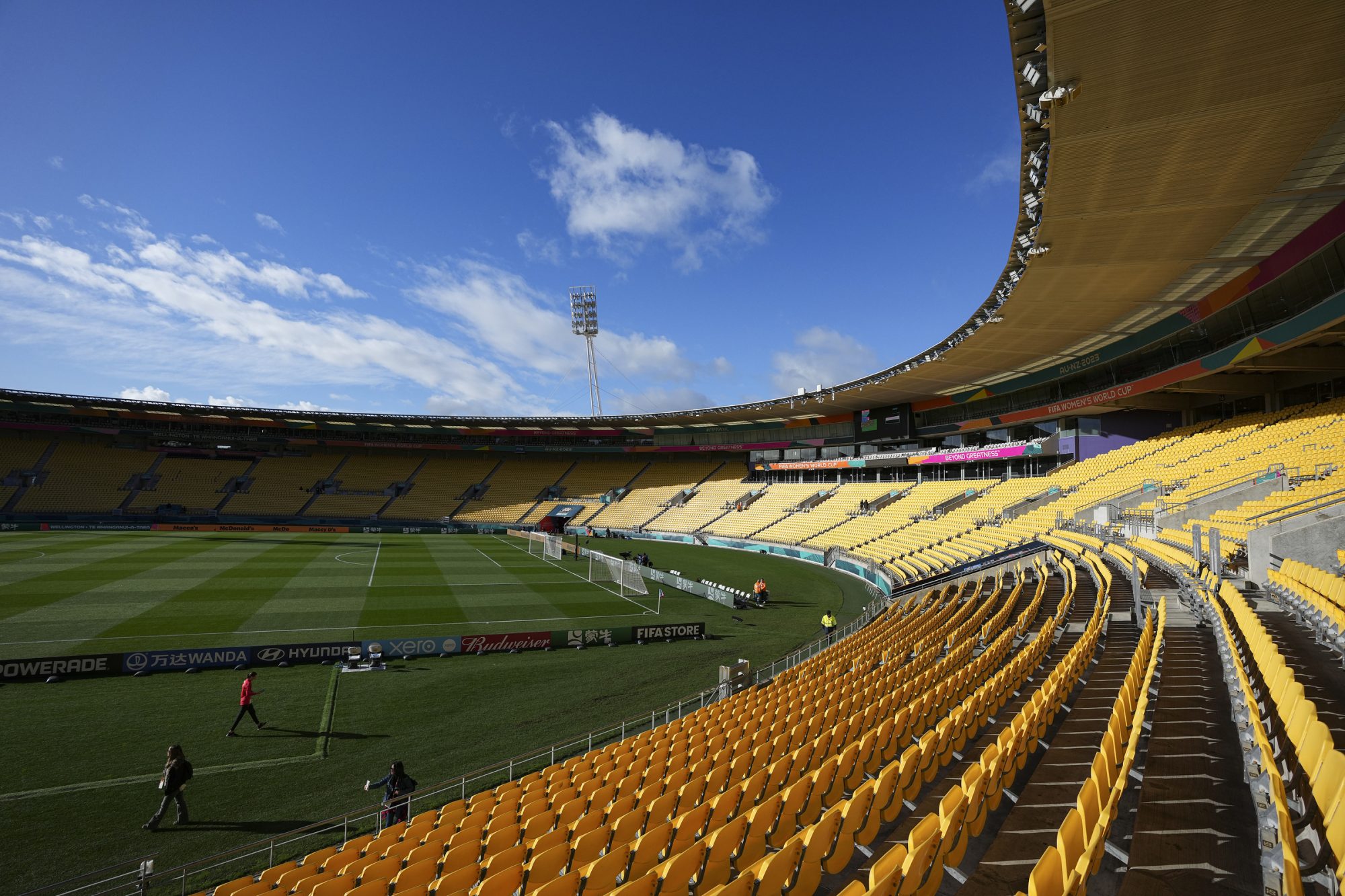
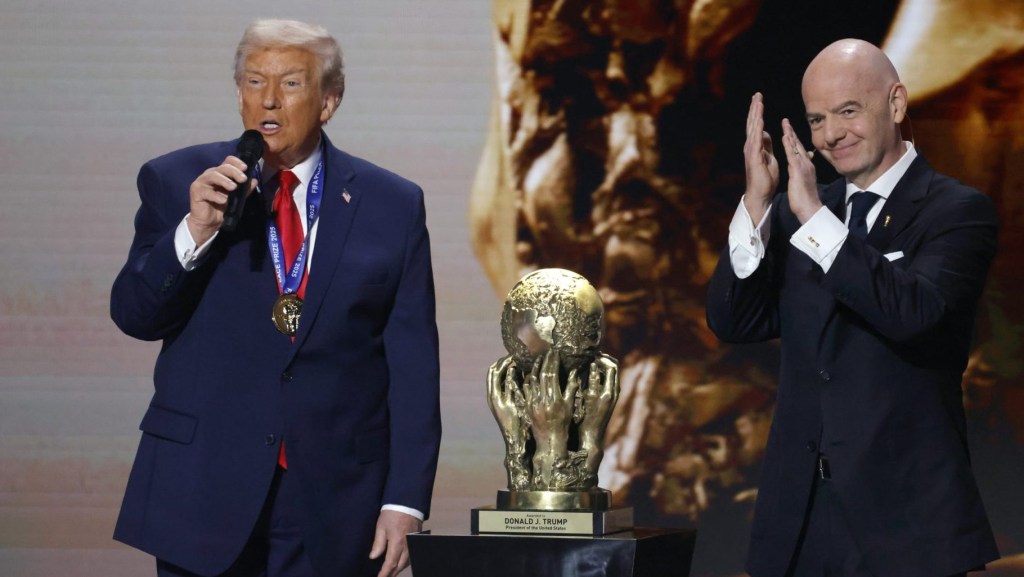
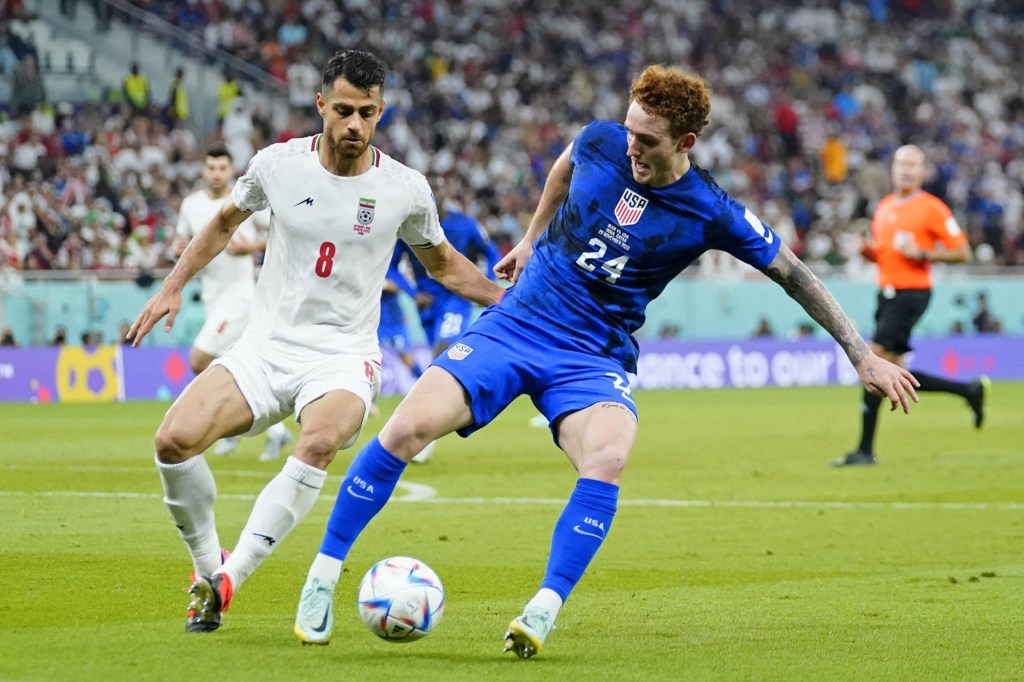
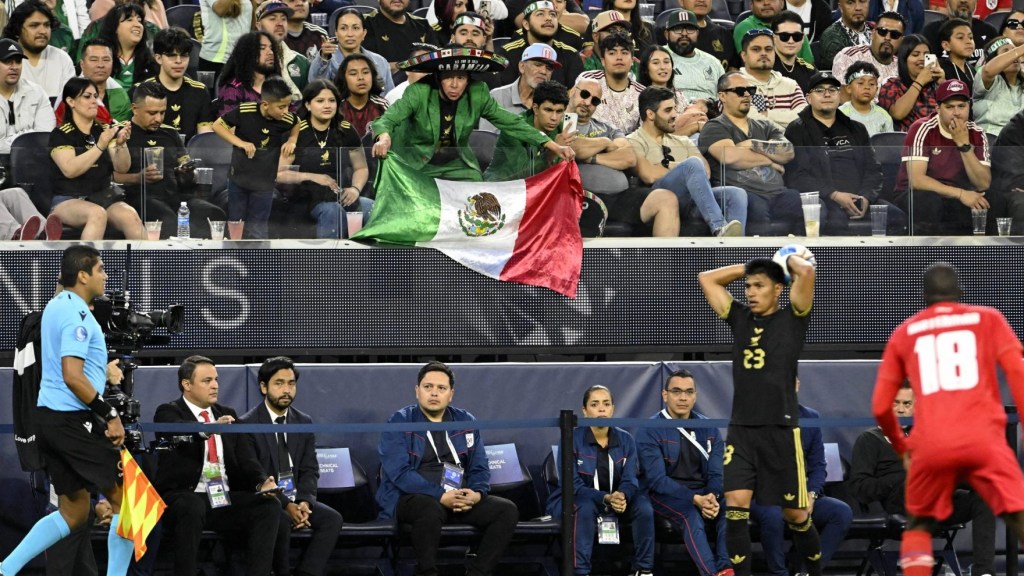
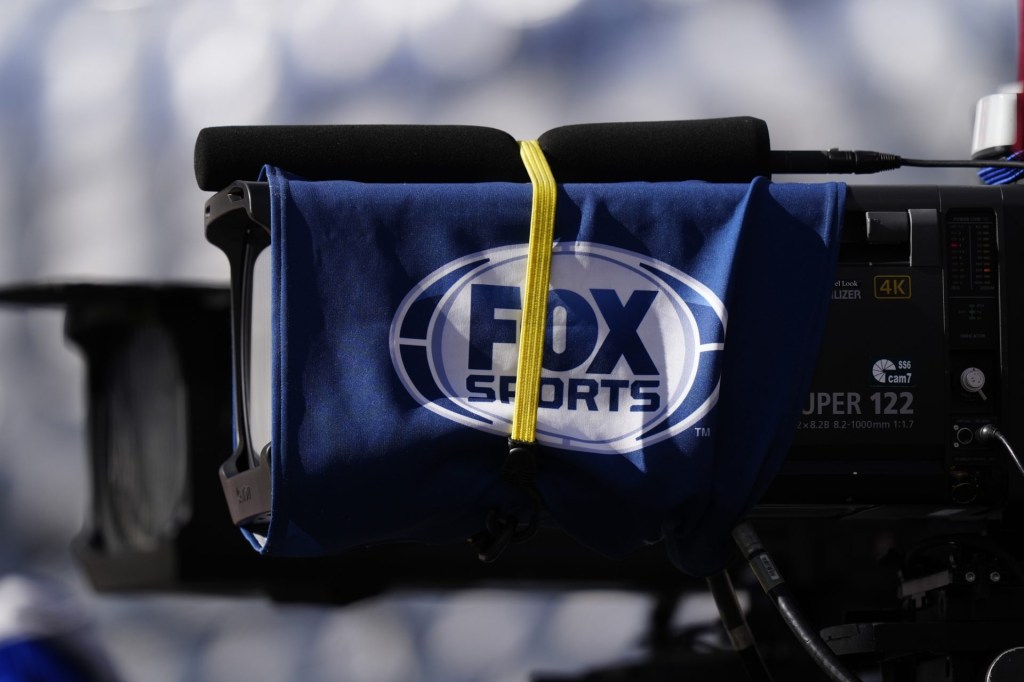


![[Subscription Customers Only] Jun 15, 2025; Seattle, Washington, USA; Botafogo owner John Textor inside the stadium before the match during a group stage match of the 2025 FIFA Club World Cup at Lumen Field.](https://frontofficesports.com/wp-content/uploads/2026/02/USATSI_26465842_168416386_lowres-scaled.jpg?quality=100&w=1024)
![[Subscription Customers Only] Jul 13, 2025; East Rutherford, New Jersey, USA; Chelsea FC midfielder Cole Palmer (10) celebrates winning the final of the 2025 FIFA Club World Cup at MetLife Stadium](https://frontofficesports.com/wp-content/uploads/2026/02/USATSI_26636703-scaled-e1770932227605.jpg?quality=100&w=1024)
